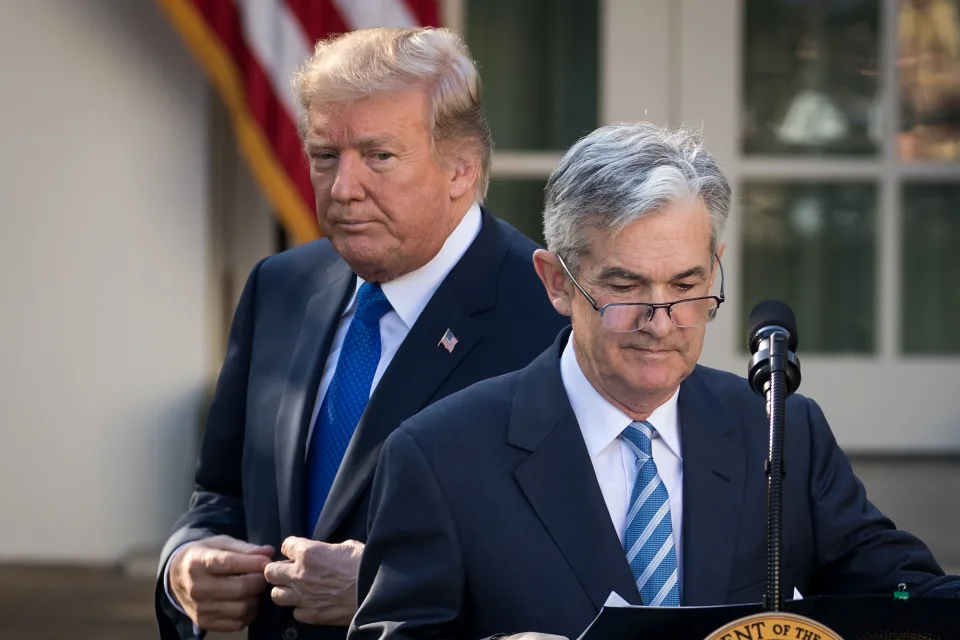The Federal Reserve and Chairman Jerome Powell are steering clear of political debates as the nation votes, but much is at stake for the central bank’s future. With the next president gaining the authority to fill multiple Fed seats and Powell’s term ending in 2026, the winner between Donald Trump and Kamala Harris will shape the future of U.S. monetary policy.
Harris has pledged a hands-off stance toward the Fed, emphasizing its independence. Trump, however, has signaled he may take a different approach, reminiscent of his earlier term when he frequently criticized Powell and advocated for drastic actions, even once proposing negative interest rates.
Trump’s Potential for Fed Disruption
Trump’s potential return raises questions about the extent of his influence on the Fed. Previously, he voiced frustration over interest rate policies and has since hinted at even more aggressive involvement. During his current campaign, Trump allies have discussed unprecedented moves, including the potential demotion of Fed board members and increased oversight of the Fed’s operations without directly firing Powell. Republican vice-presidential nominee JD Vance remarked in August that monetary policy “should fundamentally be a political decision,” a statement suggesting further shifts away from the Fed’s tradition of independence.
Economists and Fed historians note that a Trump victory could signal significant changes in the Fed’s trajectory, with former Trump advisers like Kevin Warsh, Kevin Hassett, and Judy Shelton on the radar as possible Fed chair candidates. Warsh has already criticized recent rate cuts as signs of “lurching,” while Shelton has argued the Fed could even influence the election outcome.
A Status Quo Path for Harris
By contrast, Harris has committed to respecting the Fed’s independence. She has praised Powell’s efforts, although her policy may diverge in seeking nominees with more progressive economic views, possibly in line with figures like Lael Brainard, who shifted from the Fed to the Biden administration in 2023. Harris has made it clear she would avoid interfering in the Fed’s decisions, a position that aligns with the current administration’s support for central bank autonomy.
The Fed’s Delicate Role Amid Political Crosswinds
This week, the Fed’s policymakers convene to discuss the potential for another interest rate cut, while considering the economic implications of Election Day. Fed watchers speculate that, if re-elected, Trump’s involvement could alter the Fed’s policies, potentially injecting new volatility into markets. Conversely, Harris’s approach aims to maintain stability by respecting the Fed’s independent role in controlling inflation and managing economic stability.
Though few voters directly consider monetary policy when casting their ballots, the election outcome will undoubtedly impact inflation—one of voters’ top concerns. Regardless of who wins, the Fed is navigating a critical juncture. According to Fed historian Mark Spindel, should political leaders exert too much control, they may find themselves facing blame for economic missteps, contrary to the original intent of insulating the Fed from political pressures.





